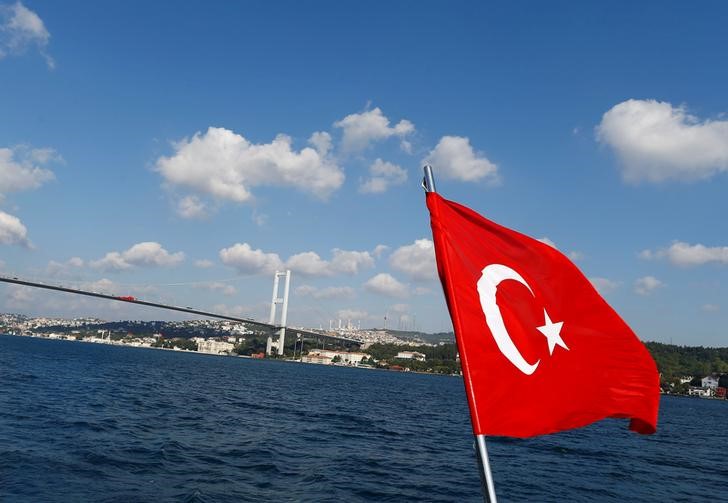
KABUL (Reuters) – One Afghan and three Turkish teachers linked to an organization regarded with suspicion by the Turkish government were detained by Afghan intelligence officials on Tuesday, the organization’s head said.
The move against Afghan Turk CAG Educational NGO (ATCE), the body that runs the schools, appeared to be part of a Turkish campaign against followers of Fethullah Gulen, a U.S.-based cleric it accuses of being behind a coup attempt in July 2016 aimed at ousting President Tayyip Erdogan.
ATCE, which says it is an independent organization, runs schools in several cities including the capital, Kabul, Mazar-i-Sharif, Kandahar and Herat and has been in Afghanistan since 1995.
“Around 7 a.m., four of our teachers traveling in two different cars were picked up by (Afghan intelligence),” said Human Erdogan, the chairman of ATCE.
Other intelligence officials later went to the group’s girls’ school nearby looking for another teacher, he said.
He said the men presented themselves as members of the National Directorate of of Security (NDS), Afghanistan’s intelligence agency.
Neither the NDS nor the Afghan government immediately responded to requests for comment.
Afghan President Ashraf Ghani was on his way to Istanbul onTuesday to attend the Organization of Islamic Cooperation (OIC)Summit.
In March, Afghanistan ordered the schools to be transferred to a foundation approved by Ankara.
Last year, shortly before a visit to Islamabad by the Turkish president, Pakistan ordered Turkish teachers at schools run by a body called PakTurk International Schools and Colleges to leave the country.
Gulen, a former ally of Erdogan who now lives in self-imposed exile in the United States, promotes a moderate form of Islam, supporting inter-faith communication and Western-style education and inspiring schools in different parts of the world.
He has denied any involvement in the 2016 failed coup attempt.
(This version of the story fixes garbled wording in headline; text unchanged)
(Reporting by Girish Gupta in Kabul, and James Mackenzie; Editing by Richard Balmforth)











